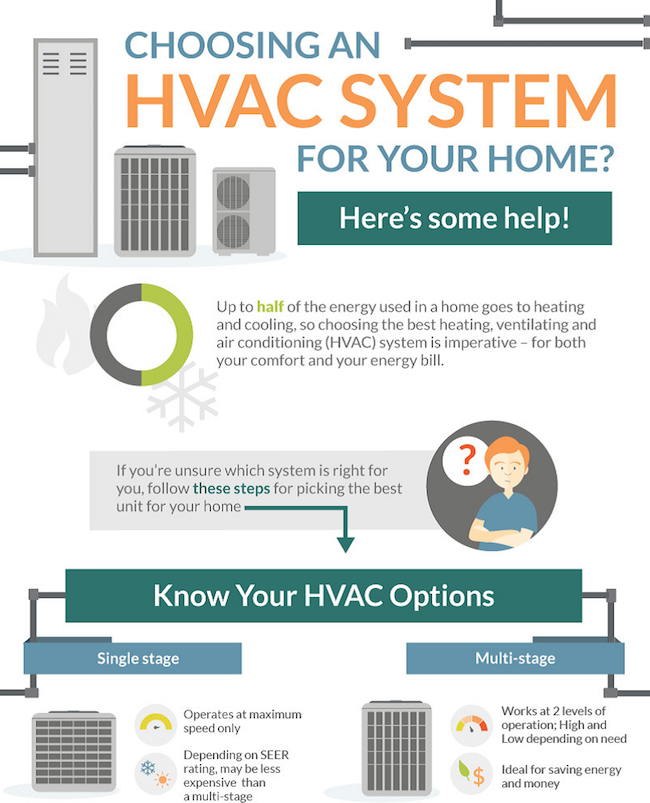Understand Just How To Take Full Advantage Of The Effectiveness And Resilience Of Your Heat Pump System By Sidestepping Regular Installation Challenges
Understand Just How To Take Full Advantage Of The Effectiveness And Resilience Of Your Heat Pump System By Sidestepping Regular Installation Challenges
Blog Article
Authored By-Harper Ploug
When setting up a heat pump, you need to avoid common errors that might jeopardize its efficiency. Forgeting appropriate sizing may result in inadequacies and greater utility expenses. Overlooking insulation and securing might result in power wastefulness and pressure on the device. Additionally, positioning the exterior unit incorrectly might affect its performance. By staying clear of these mistakes, you can make sure optimal working and durability of your heat pump system.
Improper Sizing of Heat Pump
When it pertains to the setup of heat pumps, among one of the most typical blunders is incorrectly sizing the device for your area. Making sure the appropriate size is important for optimum efficiency. If the heatpump is as well small, it will battle to heat or cool your area successfully, leading to increased energy expenses and potential damage on the system.
On the other hand, if the heatpump is also big, it will certainly cycle on and off frequently, triggering temperature level changes and minimizing its life expectancy.
To avoid this error, it's vital to have an expert assess your room and advise the proper dimension of the heat pump based on elements like square video, insulation, ceiling elevation, and regional climate. By spending the moment and initiative to make sure the right sizing, you can appreciate a comfy environment while making best use of power performance and extending the life expectancy of your heatpump.
Inadequate Insulation and Sealing
To make sure the efficient operation of your heat pump, it's critical to deal with insufficient insulation and sealing in your room. Correct insulation assists preserve a constant temperature level indoors, reducing the work on your heat pump. Insufficient insulation can lead to energy loss, making your heat pump work harder and much less effectively.
Securing any kind of spaces or leaks in your area is similarly essential. These voids enable conditioned air to run away and outside air to permeate in, compeling your heat pump to make up for the temperature changes.
Wrong Placement of Outdoor System
Dealing with the positioning of your heat pump's outdoor system is essential to enhancing its performance. Setting up the exterior unit in an inaccurate area can cause efficiency problems and prospective damage to the device.
heatpump repair to prevent is positioning the outdoor device too near a wall or various other structures. https://commercial-upholstery-cle17384.wizzardsblog.com/31159228/signs-your-heatpump-needs-repair-top-warning-to-expect can limit airflow, causing the unit to work more challenging to warm or cool your space, eventually minimizing its efficiency and life-span.
Another error to steer clear of is positioning the outside unit in direct sunshine. While some sunlight is unavoidable, extreme direct exposure can lead to overheating, specifically throughout warm summertime days. It's ideal to place the outside device in a shaded location to help preserve its optimum operating temperature.
Additionally, ensure that the outdoor system is put on a secure and level surface. Unequal ground can trigger resonances and unnecessary strain on the unit, affecting its performance with time.
https://nypost.com/2022/03/22/amazon-driver-divulges-3-things-he-wished-he-knew-before-taking-the-job/
To conclude, staying clear of usual mistakes during heat pump setup is vital for making the most of efficiency and longevity of your system. By guaranteeing appropriate sizing, appropriate insulation, sealing, and proper positioning of the outside device, you can prevent issues such as inefficiencies, enhanced energy bills, and stress on the unit. Making the effort to attend to these essential variables will inevitably save you time and money in the long run.
